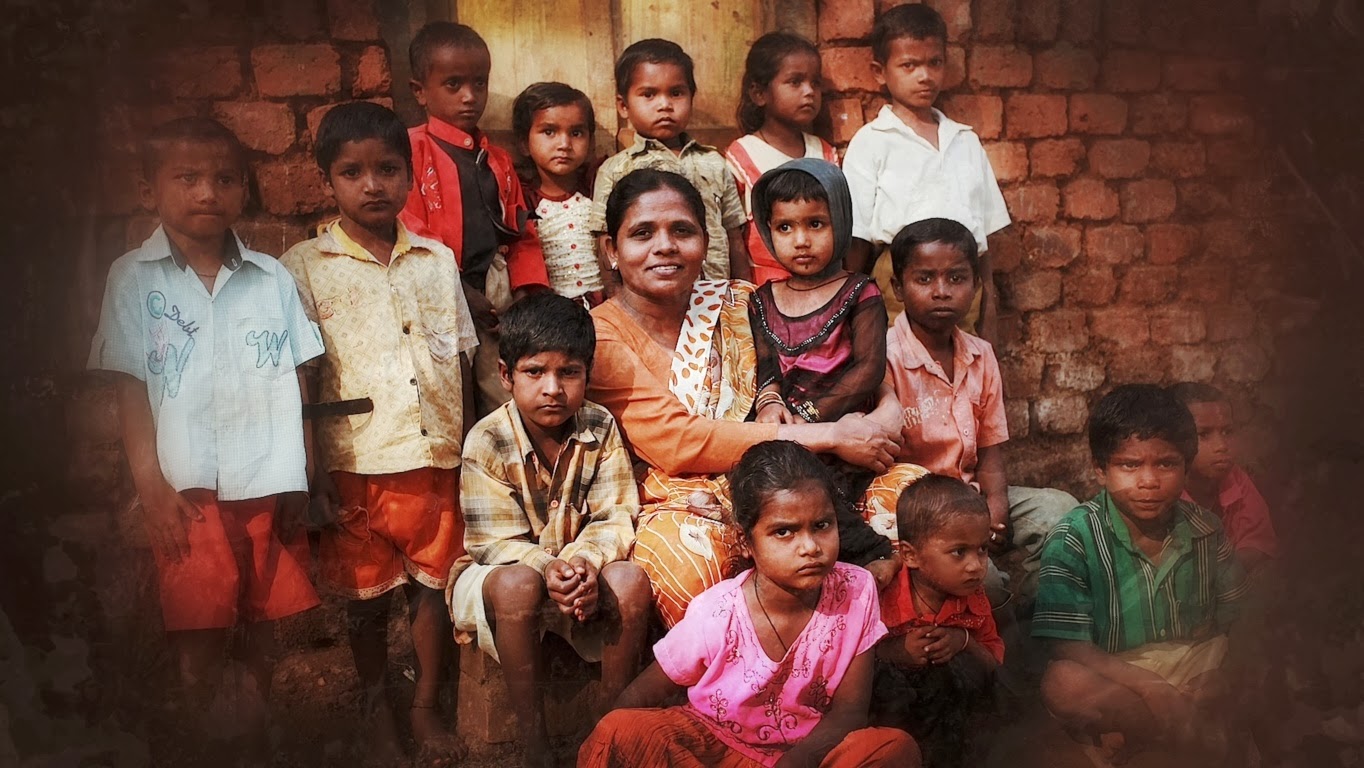Lydia Dean – Founder GoPhilanthropic Foundation
As AVANI celebrates its 20th anniversary, we at GoPhilanthropic Foundation, a long-term donor and partner, take the opportunity to reflect on the impact this dynamic organization has had on the lives of so many. We pause for a moment to consider the reasons why it continues to drive change in such a positive way and how we as a donor community can most effectively continue to be a part of that change.
GoPhilanthropic Foundation was first introduced to AVANI’s work in 2009, during a trip we made with Dr. Arun Gandhi to learn about the plight of migrant communities surrounding Kolhapur and the vicious cycles that emerge from bonded labor. GoPhilanthropic is a US-based organization with a mission to help small grassroots NGOs to “stand on their own.” Unlike development models relying on a more traditional hand-out charity approach, we enter into our relationships with an ultimate goal of helping local communities take ownership themselves and accountability for uplifting those who are underprivileged. The process begins by identifying small NGOS with the most potential—ones that have a unique and critical combination of passion, resourcefulness and accountability. Simply put, we support programs that have found their own solutions to social issues. GoPhilanthropic then invests in broadening the strength of these organizations, both financially and in terms of capacity building.
From the outset it was clear that AVANI had the distinct qualities GoPhilanthropic looks for in a funding partner. They had empowerment and education at the core, and a goal to sustain themselves longer-term through local support. What we didn’t expect to find, however, was the extent of return on our investment of time, resource and energy, or the degree to which the local citizens would embrace and take accountability for its future success.
| Anuradha Bhosale and GoPhil Founder Lydia Dean |
As a partner to AVANI over the years, we learned about the ugly sequence of poverty and child exploitation that AVANI has committed themselves to ending. Every six months, from October to May, migrant families from the drought affected areas of Maharashtra come to Kolhapur to find work in the brickyards. Some travel from as far away as 700 kilometers with small children traveling with them. During that first visit, we learned of the staggering number of children, approximated at over 35,000, who were being exploited as laborers in local industries. Anuradha led us to the brickyards, where children carry 1000 bricks a day on their heads in unfathomable conditions in lieu of attending school.
In working closely with AVANI, we now understand that child labor is a multi-layered blend of variables involving caste, a male dominated culture and tradition, and a lack of women’s access to information on their rights. Even in its early years of work, the team at AVANI knew the answer to ending child-labor wasn’t simply whistle-blowing. The key to driving change would involve a monumental push to educate at all levels—the industry owners who employed the children, the government officials who were lax in upholding the laws that prevented child labor, the local citizens who turned a blind eye, and last but not least, educating the parents who oftentimes forced their children to work.
“It is society’s mentality that is responsible for this, the whole system is responsible. The parents, the government, industry— we are all responsible and we all must change,” Anuradha stated emphatically. These wise and courageous words have stuck with us since, a strong reminder of our shared and collective responsibility in making the world a just place.
How could we, the donor community most effectively help in this battles against child labor while avoiding the typical cycle of dependency so often seen in international development work?
We began by asking AVANI the most basic questions— “What do you need?”
At the time, they wanted simple and reliable transportation to more easily access the brickyard labor camps to identify and rescue child laborers. GoPhilanthropic helped them purchase a used rickshaw, enabling Anuradha and her staff to scout the four largest brickyard labor camps consistently. Soon after and with a little more seed funding, AVANI started makeshift seasonal schools for migrant children within the worksites themselves. Five years later, the rickshaw is still being used and they are now running seasonal schools in over 40 brick yard labor camps, educating over 1,100 children in and around Kolhapur. But better yet, the schools are now fully funded by Indian organizations and donors.
AVANI’s work quickly expanded from rescuing children and dismantling child labor practices. In 2005, Anuradha opened a home for rescued laborers in need of care and shelter. GoPhilanthropic played a role in funding basics for the home— water tanks, storage bins, solar power and bicycles. We funded the children’s’ first visit to the dentist and launched a much needed healthy afternoon snack program. And again, AVANI was able to successfully replace our US-based funding with local longer-term support. The AVANI home now runs almost entirely from donations and services from local businesses in Kolhapur.
GoPhilanthropic is proud and eternally grateful for its six year partnership with Anuradha Bhosale and her dedicated staff at AVANI. What they have managed to accomplish in two decades is a reminder of how the efforts of a few can set in motion the positive domino effect desperately needed in the human rights arena. What we appreciate most as we celebrate their 20th Anniversary, is seeing what can be accomplished when we each take our respective seats at the global table. As we share together, passing the food from one to another, we might just realize there is enough for all.

